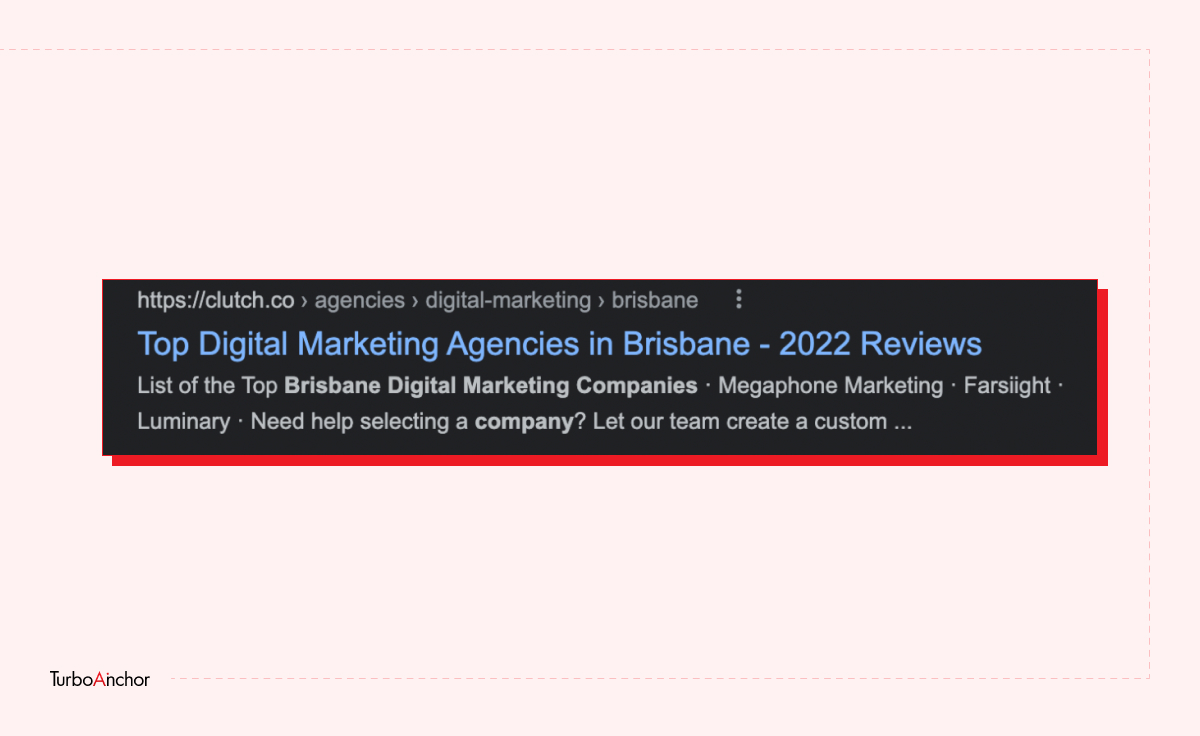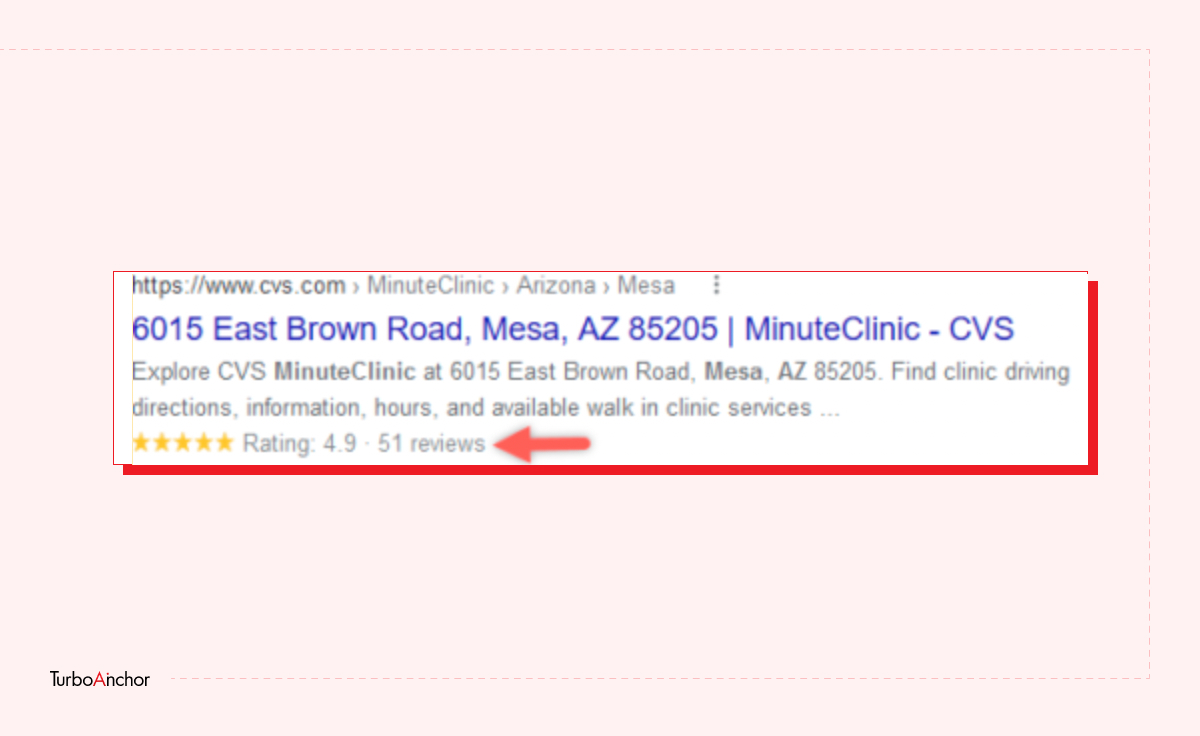Best Practices to Implement On-Page Local SEO for Better Business Exposure
Posted on: September 21, 2022 7:12 PM
By Ali, Having 13 years experience in the IT & Servicing Industry. A.I Lover, Startup Enthusiast, IoT Implementor, and Blockchain Follower.
Posted on: September 21, 2022 7:12 PM
Table of Contents
ToggleIf your business is not optimized for the local on-page SEO, you miss out on potential customers. Did you know that 46% of all Google searches are looking for local information? [1]
And 28% of local searches result in a purchase [2]. The figures are pretty convincing to focus on on-site SEO for your local business.
In this blog post, we will discuss the on-page local SEO optimization, why writing unique content for every location is essential, and the differences in local and organic SEO content. The tips and tricks you need to know to optimize your on-page SEO for your local business.
Organic SEO also called organic search engine optimization, is the term that refers to obtaining a high ranking on a search engine platform naturally, without paid ads. Organic search results include all the content from articles, blog posts, videos, and a variety of sites that the algorithm determines to be relevant to the user’s search. So it is safe to say that organic SEO has more to do with whether your website and the content are relevant to the user’s search.
Whereas, local SEO is optimizing your business’s online presence so that it appears in the searches. local SEO is based on organic SEO, however, it has a strict geographic or location-based focus.
Learn how to improve the rankings in local SEO by creating an exceptional user experience. Here are some of the best on-page SEO practices.
URL stands for Uniform Resource Locator, it is an address to a resource on the Internet. A URL consists of the scheme, top-level domain, subdomain, second-level domain, and subdirectory. For instance, “http://blog.hubspot.com/marketing” is a URL. Here, http:// is the scheme, the blog is the subdomain, Hubspot is the second-level domain, .com is the top-level domain and marketing is the subdirectory of this URL. According to Google, URL structure should be as simple as possible. [3]
Moreover, it helps users understand what a page is about. Optimizing URLs help on-page SEO, and here’s how:
Including your primary keyword in your URL will help search engines and users to understand the page content easily. Here is an example:
Notice that the top keyword “Digital Marketing” is accompanied by a Location tag “Brisbane”
Read More: How to Master Local SEO Keyword Research
Use descriptive words to help convey the intent of the page. If a user is looking for digital marketing services in Brisbane, you can create intent-based content on keywords like “Affordable digital marketing services in Brisbane”, “digital marketing services in Brisbane for SMEs” and so on.
It makes the URLs more readable and easy to understand. For instance, if a page is about a firm’s digital marketing work in Brisbane, use the URL www.yourcompany.com/digital-marketing-work-Brisbane.
Avoid using numbers and characters in the URL and prefer real words. Numbers can be confusing sometimes. For instance, the URL of the famous retail convenience store is https://www.7-eleven.com. You should also avoid the unsafe characters like [ ] { } < ># ~.
The title tag is a direct on-page local SEO ranking factor, specifically the page titles. Every page has a title tag that appears as a headline in the search results. The idea is to start your title tag with a strong, benefit-driven statement “SEO Practices For SMEs”. Add a location tag with this title tag. Thus, the example will be changed to “SEO Practices For SMEs | SEO in Brisbane.
Make sure to
Do not exceed Google’s title tag limit, which is currently 50 characters.
Internal linking is essential to on-page SEO because it helps Google understand the relationship between your pages and your site. To create many internal links, you need to have many internal pages. Internal linking is amazing for user experience, as it helps them to discover more of your relevant content like blog posts. The internal links should use short, descriptive, keyword-focused anchor text rather than linked images. For example, if a Company in Brisbane is offering digital marketing services, it can create local SEO internal links to other local service pages such as Brisbane SEO services, Social Media Services Brisbane, and so on.

Blogging is a powerful tool to provide information to your customers and in the eyes of Google, it increases your expertise, authority, and trust. It is also an amazing way to highlight your business location and boost your local SEO rankings. It also allows you to get backlinks from other local businesses. Use your blog to create content authority about on-page local SEO keywords and topics. For example, a Digital marketing service provider in Brisbane can create content such as “TOP SEO/Digital marketing practices in Brisbane.” The blog can also cover topics like “How the digital marketing practices vary from Brisbane to other locations?”.
You must be aware that writing unique content for every location on your website is important. If your business is operational in Berlin and Magdeburg, you need 100% unique content for each page. If you avoid duplicating content you can even create pages for cities you are physically not based in, it will help you rank in the local organic results for different keywords.
Structured data, or schema, helps Google understand your content better. Although it does not help in map pack ranking, Google often includes structured data directly in the search results. The data is presented as a rich snippet. Thus, a rich snippet means a higher chance of someone clicking on your result.
Here is an example, this is how a normal snippet appears:
And this is how a rich snippet is displayed, it is eye-catching as compared to the normal snippet.

If your text is hard to read, there is a high chance that you might have a high bounce rate, reducing conversions and revenue. Although readability does not directly affect the ranking, it should still be considered for on-page SEO optimization. To make your text readable here are a few tips mentioned below:
Images and visuals also need to be optimized for SEO. Add the descriptive file names with words separated by hyphens. Optimize the file size so it does not take a long period to load and the visual quality should also remain consistent. Add text to the image at tags, with appropriate keywords. The alt text helps the search engines understand the picture. In the alt-text, make sure that your keyword follows a location tag. For example, the alt-tag for images used to present digital marketing services in a specific location in Brisbane may look like Digital Marketing Services Brisbane.
Headers improve on-page SEO, using multiple headers on your page will help you optimize SEO in multiple ways. It makes it a lot easier for the users to read and understand your content. It makes a good presentation of your content and appeals to the audience, if they see a page filled with paragraphs they are less likely to read it and will skip it. Multiple headers containing your service name + area name will help users grasp the content. Thus, it improves the user experience.
Another important factor is that subheadings help Google understand the contents of a page. Be sure to use primary keywords in your headings. Use a primary keyword at least once or twice in the subheadings (H2), if the context makes sense use a keyword in the H3 as well. Make sure to add the location name along with the keywords you use in headers. Avoid keyword stuffing.
For example, if your digital marketing firm is offering services in Brisbane, you can optimize on-page headers such as:
[H2] Best Digital Marketing Services Brisbane
[H2] Why Hire Digital Marketing Services in Brisbane?
[H3] Digital Marketing Services Brisbane Benefits ….and so on
There are several steps you can take to win the local search, here are a few mentioned below:
Below is a checklist for local SEO:
Remember, on-page local SEO matters. Investing your time in local on-site optimization will help you set your business up for success. It will help the audience to find you when they search online with intent. Local SEO helps you improve your business visibility and gain brand recognition.
Related Reads:
References:
[1] Local SEO Stats – SocialMediaToday
[2] SEO Stats – JoelHouse
[3] Google Guidelines – GoogleDevelopers